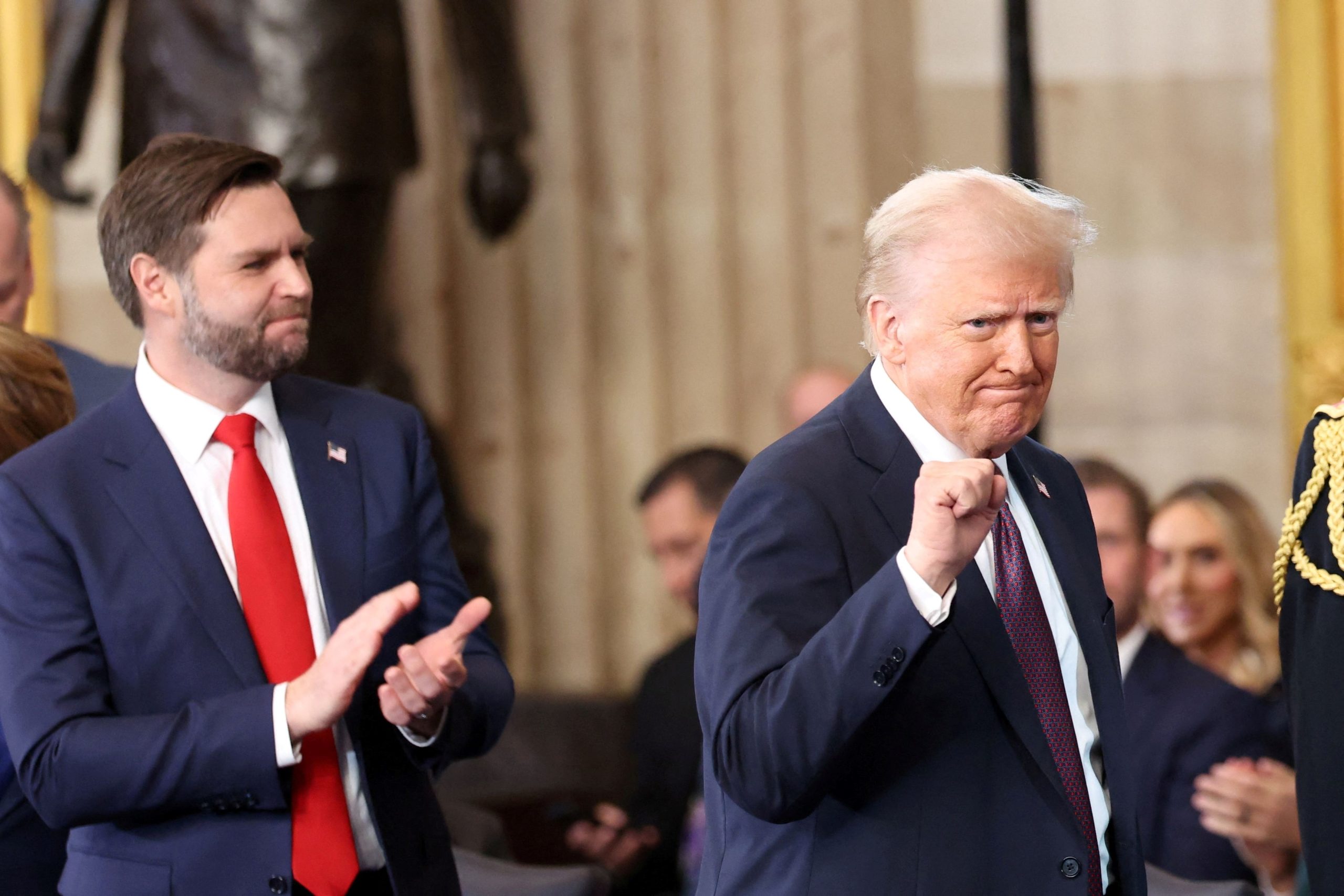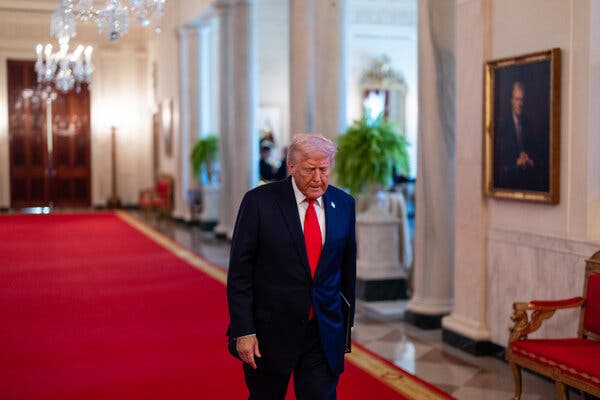Chinese leader Xi Jinping issued a stern warning against protectionism and trade wars during his visit to Southeast Asia, emphasizing that such conflicts would yield “no winners.” This message comes as Xi embarks on his first overseas trip of the year, which includes Vietnam, Malaysia, and Cambodia, reflecting China’s aim to strengthen regional trade ties amid rising tariffs from the United States under President Donald Trump.
Trade Diplomacy in Action

Xi’s Southeast Asian tour is crucial for Beijing, as it seeks to bolster its economic relationships following significant tariff actions by the U.S. government. According to state media, Xi stressed the importance of safeguarding the multilateral trading system and maintaining stable global industrial and supply chains. He wrote in an article published in Vietnam’s Nhan Dan newspaper that both nations must work together to “resolutely safeguard” these systems in order to foster a cooperative international environment.
The urgency of this diplomatic mission is underscored by the fact that Trump recently announced sweeping tariffs that rattled global markets and raised concerns over international trade stability. Xi directly addressed these issues, reiterating that “a trade war and tariff war will produce no winner, and protectionism will lead nowhere.”
Economic Interdependence with Vietnam

Vietnam stands out as the largest importer of Chinese goods in Southeast Asia, spending $161.9 billion in 2024, followed closely by Malaysia, which imported $101.5 billion worth of Chinese products. Strengthening relations with its Southeast Asian neighbors is seen as a strategic move for China to mitigate potential losses from a less accessible U.S. market.
Xi’s visit to Vietnam marks his first since December 2023, and it is indicative of the close ties shared between the two communist countries, which have established a “comprehensive strategic partnership,” signifying their highest level of diplomatic engagement.
Balancing Relations

Vietnam has adopted a strategy known as “bamboo diplomacy,” which aims to maintain favorable relations with both China and the United States. While the two countries enjoy strong economic connections, Vietnam also echoes American concerns regarding China’s assertiveness in the contested South China Sea—a region claimed almost entirely by China but disputed by several Southeast Asian nations, including Vietnam, the Philippines, Malaysia, Indonesia, and Brunei.
In his article, Xi reassured Vietnamese officials that disputes over the South China Sea could be settled through dialogue, stating, “We should properly manage differences and safeguard peace and stability in our region.” He expressed confidence that with foresight, the two nations could effectively resolve maritime issues through consultation and negotiation.
Upcoming Visits to Malaysia and Cambodia
Following his stop in Vietnam, Xi will travel to Malaysia from Tuesday to Thursday. Malaysian Communications Minister Fahmi Fadzil highlighted the significance of Xi’s visit, stating it is part of the efforts to enhance trade relations with various countries, particularly China.
After Malaysia, Xi will head to Cambodia, where he will engage with one of China’s most steadfast allies in Southeast Asia. Over recent years, China has expanded its influence in Cambodia, making this stop an important aspect of Xi’s ongoing diplomatic endeavors in the region.
In summary, Xi Jinping’s Southeast Asia tour underscores China’s commitment to addressing protectionist challenges and strengthening regional economic partnerships, while navigating the complexities of international relations amid rising tensions with the U.S.


